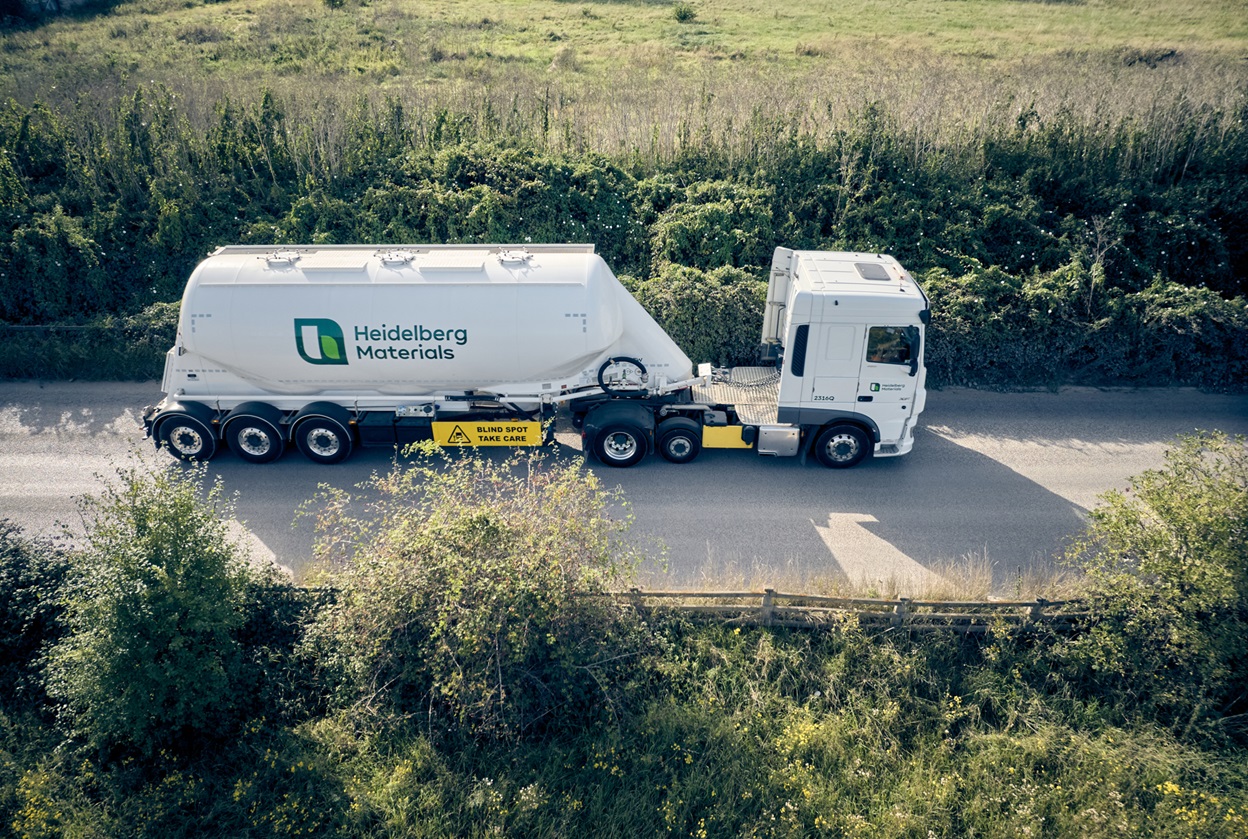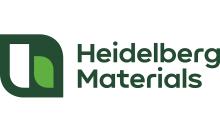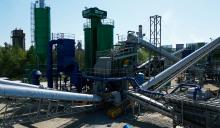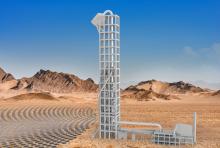
This restructuring project follows a stronger alignment of the company’s cement portfolio towards low-carbon products, which include reduced clinker content, putting a strong focus on investments in the green transformation. At the same time, Heidelberg Materials France is faced with a significant decline in cement sales caused by weak construction demand due to the current market environment. Socially acceptable solutions for all affected employees are being sought, including redeployment offerings to other company sites in France. In doing so, Heidelberg Materials France is working closely with its social partners, local authorities, and government bodies.
Heidelberg Materials introduced a substantial investment plan of more than €400 million in 2020 to reduce CO₂ emissions with modernisation measures at the Airvault site in Deux-Sèvres, the Beaucaire site in Gard, the Bussac-Forêt site in Charente-Maritime, and the Couvrot site in Marne. The investment plan aims to improve energy efficiency, replace fossil fuels with alternative fuels, and further reduce the clinker content of cement in these sites. Overall, CO₂ emissions will be reduced by around a third.
The company is also making significant progress towards circularity in France. Leading a large-scale closed-loop recycling project called CIRCO₂BETON, Heidelberg Materials France is implementing an industrial-scale selective separation platform at its Achères quarry, where demolished concrete will be crushed and separated into sand, aggregates, and recycled concrete paste (RCP). The high-quality recycled sand and aggregates will be used in new concrete, while the RCP will be carbonated using CO₂-containing exhaust gases from the kiln at the Ranville cement plant.
Seeking viable solutions for unavoidable process CO₂ emissions, Heidelberg Materials France is working closely with project partners to accelerate the deployment of carbon capture and storage (CCS) technologies. Just recently, the company announced its largest modernisation project in France at its Airvault site, where it aims to complement conventional CO₂ reduction measures with Carbon Capture, Utilisation and Storage (CCUS) technology enabling a capture capacity of approx. 1 million tonnes annually.
Heidelberg Materials follows an ambitious global climate strategy, having set targets to reduce specific net CO₂ emissions per tonne of cementitious material by 47% by 2030 compared to 1990. The Group aims to generate 50% of its revenue from sustainable products that are either low-carbon or circular by 2030. By 2050 at the latest, Heidelberg Materials plans to be carbon neutral across its entire product portfolio and achieve Net Zero emissions.










